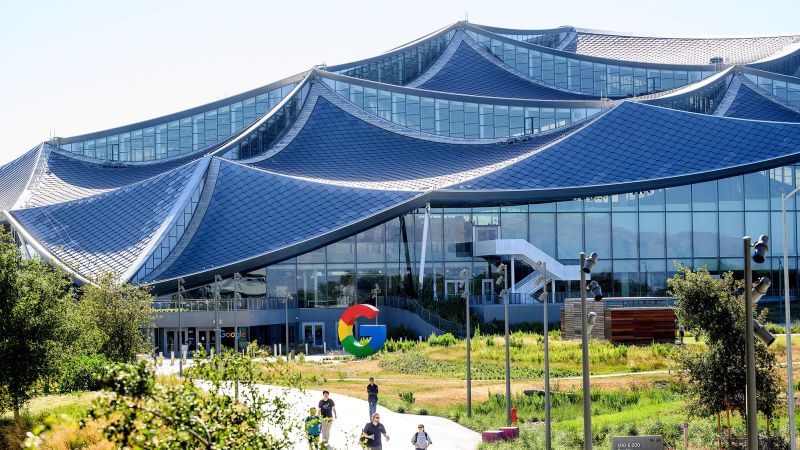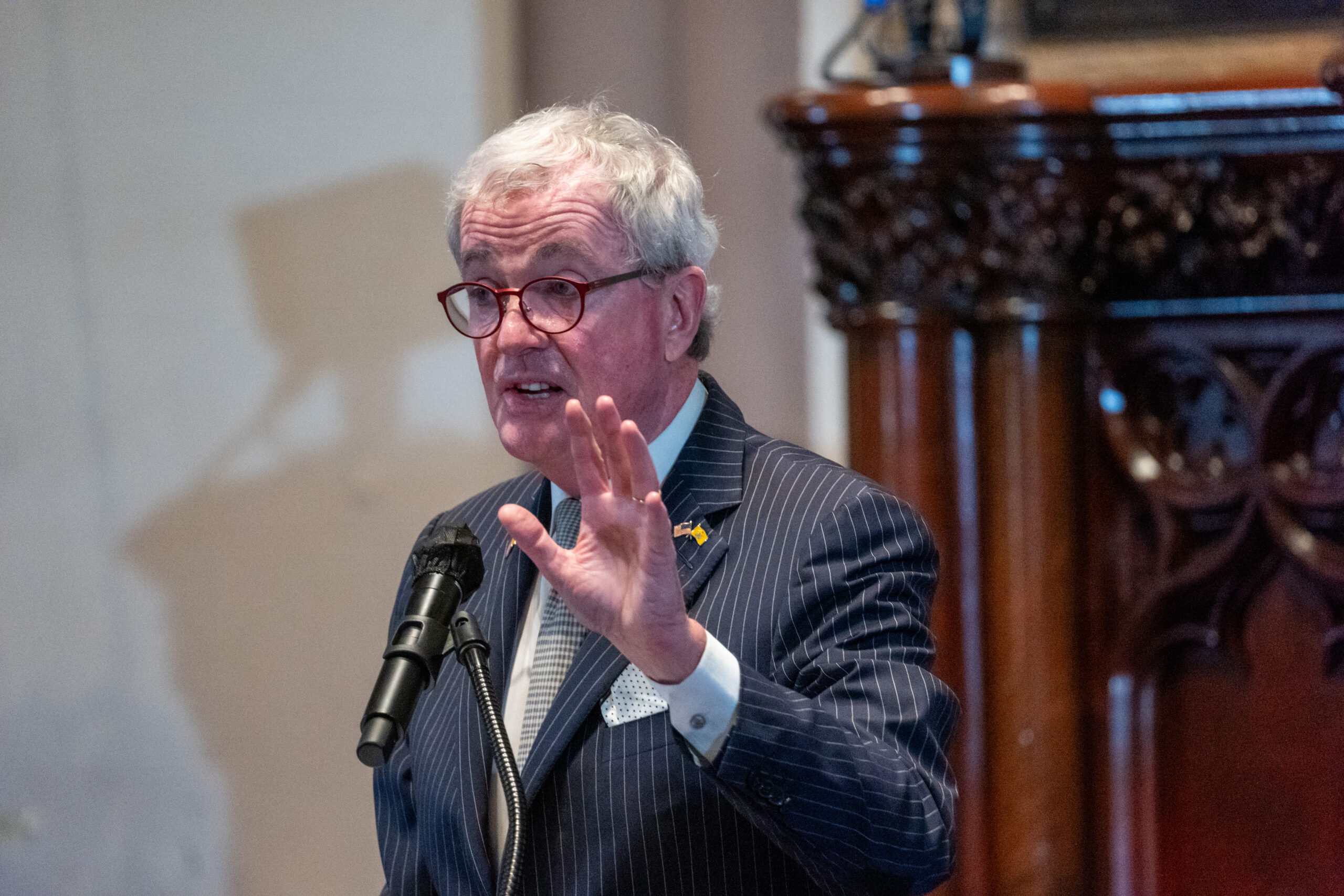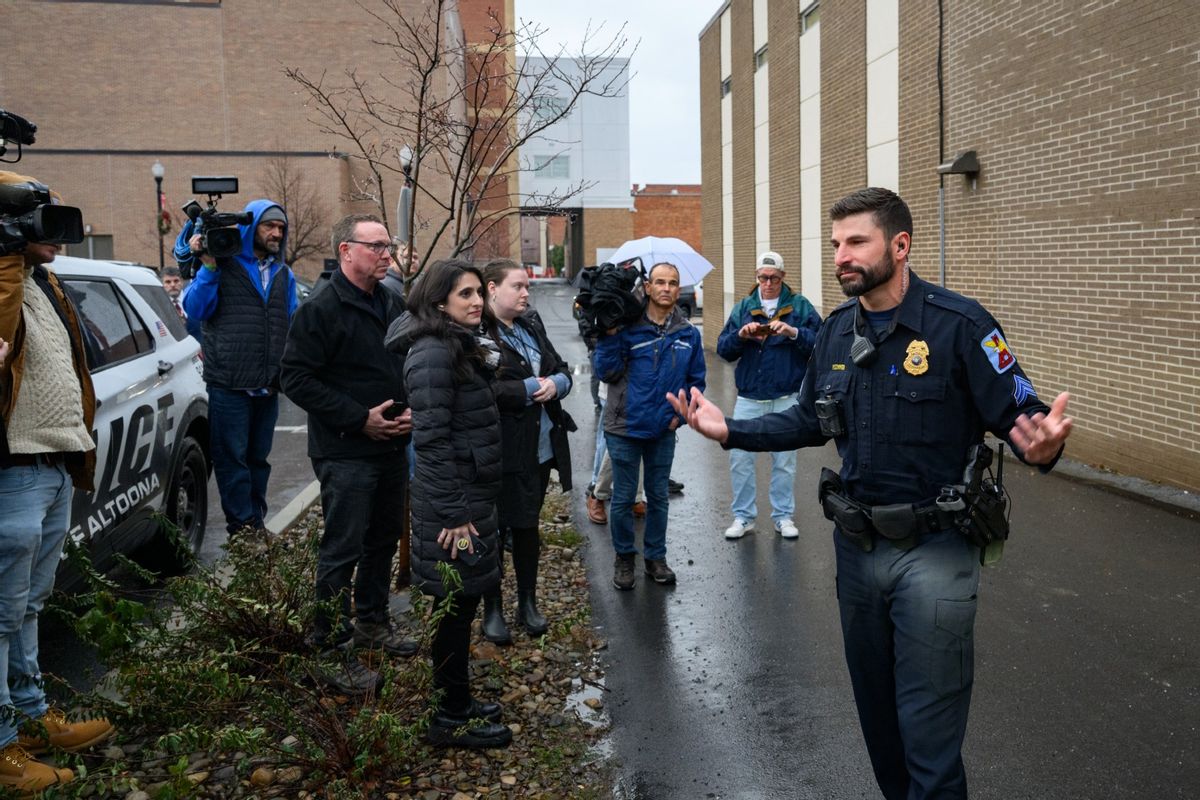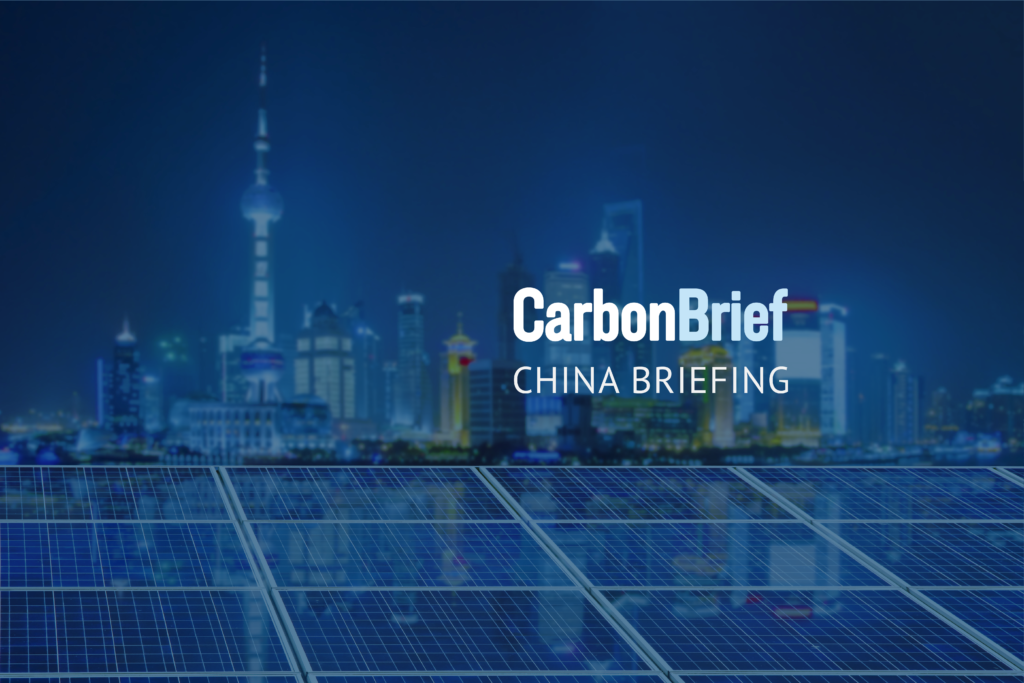The multi-year EU-funded project aims to create a sustainable and efficient approach to electric vehicle and stationary storage battery recycling
Comau announces its participation in the European Union’s REINFORCE project, which aims to address the growing need for effective end-of-life management of electric vehicle and stationary storage batteries. As part of this initiative, Comau has the dual role of managing one of the eight work plan groups and developing a versatile and safe dismantling solution for handling batteries and stationary packs based on robotics, machine learning and industry 4.0 concepts. Indeed, on November 20 and 21, 2024, Comau is hosting the REINFORCE General Assembly, during which member organizations gathered to review and discuss the status of various project deliverables. Leveraging its extensive expertise in robotics, automation and e-Mobility, Comau intends to enhance the disassembly process, while ensuring safety, efficiency, flexibility and cost reductions.
Comau’s participation in the REINFORCE project underscores both its leadership in industrial automation and commitment to sustainability and innovation in the electrification sector. The project also aligns with Comau’s strategic focus on developing technologies that support the transition to a sustainable energy future. In building a comprehensive solution that efficiently handles compact battery and stationary pack formats, the project is helping address a critical aspect of the electric vehicle lifecycle and contributing to the broader goal of reducing waste and promoting the reuse of valuable materials.
The shared goal of the multi-faceted project is to create a standardized, automated, safe and cost-effective system that will repurpose spent batteries for second and third life use and recycling. To do so, it will focus on optimizing the collection and logistic path, improving diagnostics and recovery techniques, and implementing safe and efficient dismantling processes that optimize repurposing while allowing full traceability.
Looking specifically at Work Plan 5, for which Comau is the project lead, the team has been tasked with assessing dismantling safety procedures and standardization; developing automated disassembly processes for end-of-life (EoL) battery packs with different shapes and types; focusing on pack to module, module to cell, and cell to electrode disassembly; evaluating and developing a simulation of a fully automated large-scale disassembly processing; and reassembling the battery packs with the desired parameters for second life applications.
“This project underscores the increasing need to develop a circular electrification path and represents a significant step forward in sustainable battery management, ” said Andrew Lloyd, Chief of Engineering, Comau. “Our advanced robotic disassembly solution will not only enhance the efficiency and safety of the disassembly process but also support the circular economy by maximizing the recovery and reuse of materials from end-of-life batteries.”
Comau is also part of multiple pan-European e-Mobility projects. In addition to its participation in the REINFORCE project, Comau is involved with Upcell – European Battery Manufacturing Alliance, an association that promotes the creation of an integrated European value chain for the development and production of electric batteries. Indeed, the company’s steadfast dedication to energy transformation solutions is further seen through its active involvement in various industry alliances; among which three of Europe’s top battery consortiums: European Battery Alliance (EBA), the Batteries European Partnership Association (BEPA) and the European Technology and Innovation Platform (ETIP). Comau also participates in numerous other projects regarding electrification as part of the HORIZON 2020 and HORIZON EUROPE programs. These include, but are not limited to, SPINMATE, aimed at large-scale manufacturing of next-generation solid-state battery cells and modules, GIGABAT, a collaborative e-Mobility project aimed at strengthening the EU production chain for large-scale cell manufacturing, and FASTEST, which seeks to accelerate the development process of reliable, safer and more durable batteries.


















.png)

Discussion about this post